Humza Yousaf’s plan for a council tax freeze from April wipes out expected bill increases for around 95,000 property owners in Dundee, Angus, Perth & Kinross, and Fife at a time of tight family budgets.
The first minister promises the freeze will be “fully funded” by the Scottish Government.
But the surprise announcement, made during his speech to SNP conference on Tuesday, has already teed up a big fight with council leaders and Green colleagues.
Some SNP councillors are already among those warning their own party at Holyrood needs to dig deep or risk causing more problems.
SNP-run Dundee City Council is expected to have to find £19.5 million worth of cuts over the next year in an attempt to balance its books.
Council tax is vital to paying for every day services, from bin collections to education.
So is there a hidden danger to this eye-catching policy?
What has been announced?
Mr Yousaf’s freeze will cover all of Scotland’s 32 local authorities from April next year.
It means rates will remain at current levels when councils set their budgets for 2024-25.
In July, we revealed 95,000 households across Tayside and Fife were at risk of being hit by “bombshell” tax rises as high as 22%.
The SNP leader says the measure will help households during a cost of living crisis.
Speaking on Wednesday, he said: “We will make sure councils are funded by the government for that council tax freeze.”
How have councils responded?
Local authority body Cosla will now have to gear up for tough negotiations.
Shona Morrison, Cosla president, and vice-president Steven Heddle met Deputy First Minister Shona Robison, a Dundee MSP, on Wednesday.
They say there was real anger at the lack of consultation.
Councillor Grant Laing, SNP leader of Perth and Kinross Council, said he was surprised by the move.
He said the local authority’s three year budget had been set on the assumption of a 3.9% increase.
He told The Courier an assessment of the impact would have to wait until any the detail of any mitigating measures had been put set out by Scottish Government, but admitted without any such support the council would lose out on a potential £3.9m.
He said: “I would expect there will be mitigation for us not being able to achieve that council tax rate.”
He added: “With less money we will be able to do less.”
Councillor David Ross, Labour leader of Fife Council, said decisions on council tax should be left to individual councils and “not imposed centrally from Holyrood”.
He added: “The claim that the council tax freeze will be fully funded is laughable.
“Everyone knows the SNP government will simply take the money from elsewhere.
“The cost will be at least £100m. That is £100m that could have been spent on supporting social care for the elderly, helping fix our roads or invested in education for our children.”
What about the SNP’s Green partners?
The first minister’s plans could spark a rift with the Scottish Greens, who are the SNP’s junior partners in government at Holyrood.
They were not consulted in advance of the decision and only learned about the surprise hours before it was announced.
Ross Greer, Green finance spokesperson, said they are “concerned” about the effect the freeze could have on “already strained frontline public services if it is not properly funded”.
They have long called for the “ludicrously broken” council tax system to be scrapped and replaced with a “more progressive system”.
Guy Ingerson, co-convener of Aberdeen Greens, described the council tax freeze as “massively concerning”.
He said: “We believe this is going to hit the most vulnerable communities hard.
“My concern is we are going to see an erosion of local services. The most vulnerable communities disproportionately rely on them.”
The Green activist added: “I really hope the first minister comes out with a formula that allows public services to continue.”
What does council tax pay for?
Scottish councils receive the majority of their budget directly from the Holyrood government.
The rest of their funding primarily comes from council tax, as well as business rates – a tax on non domestic-properties.
While national politics may be regarded by some as more significant, it is local councils who are in charge of the day to day services we rely on.
Local government is responsible for ensuring bins are collected on time, running schools, and maintaining cultural and leisure venues in their areas such as museums, libraries and pools.
Local authorities also control road levies and can decide where they want to introduce charges for parking your car.
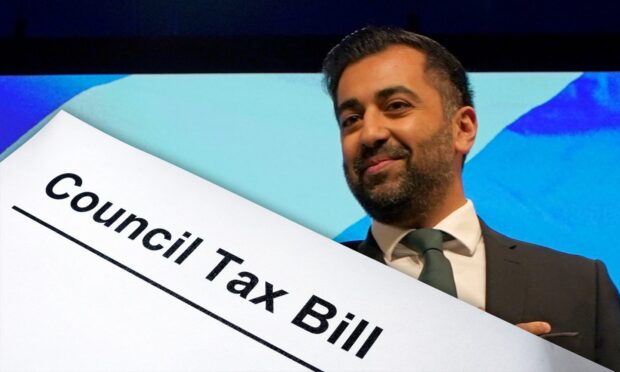
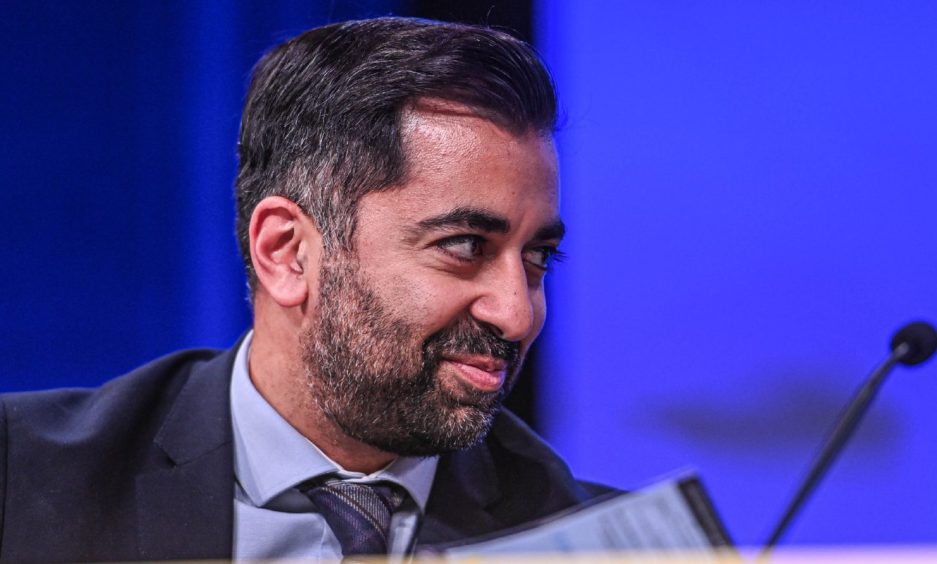
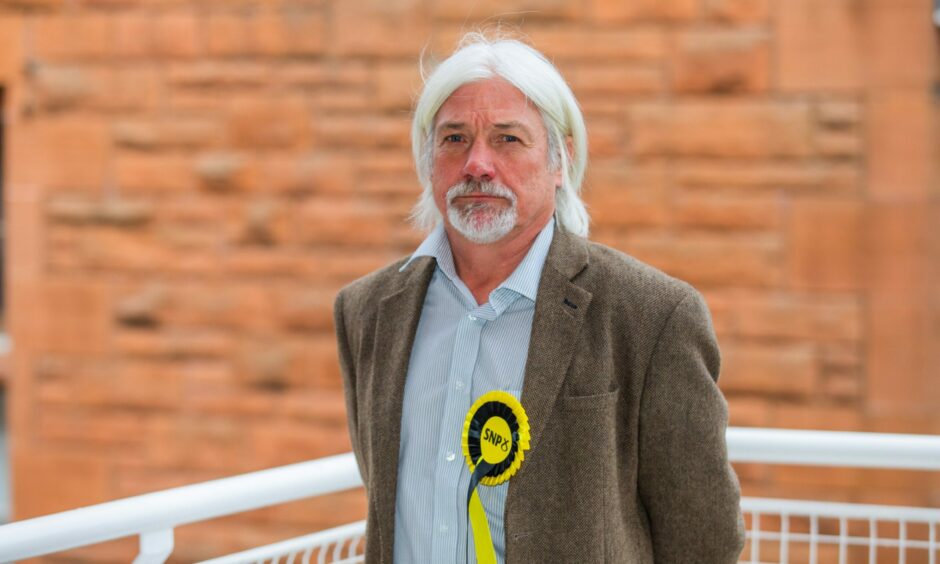

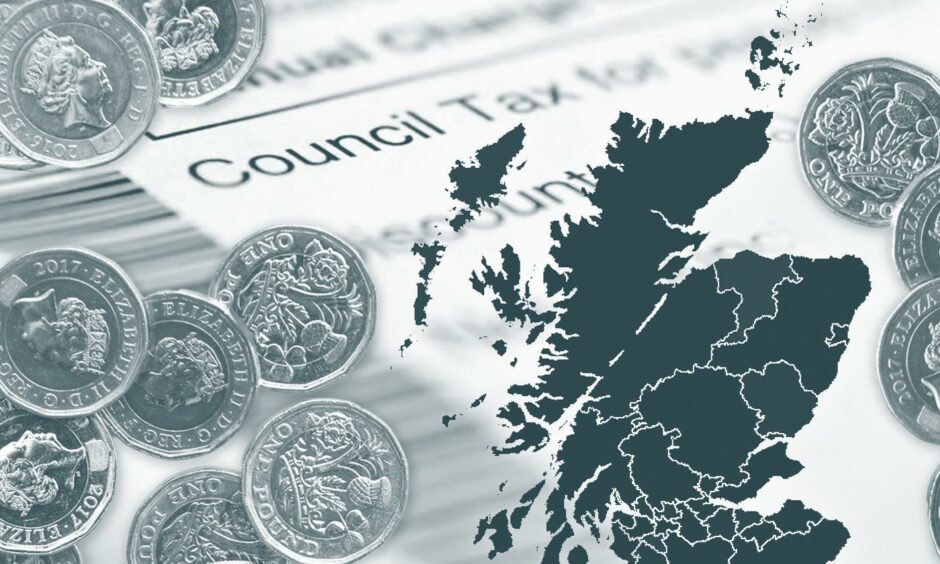
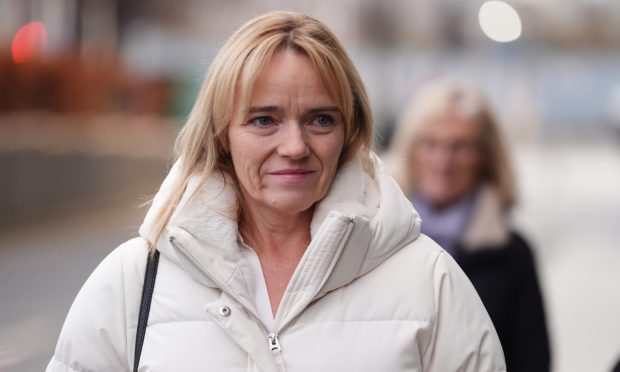
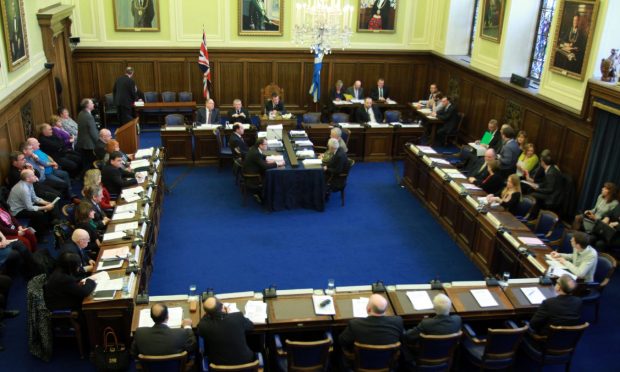
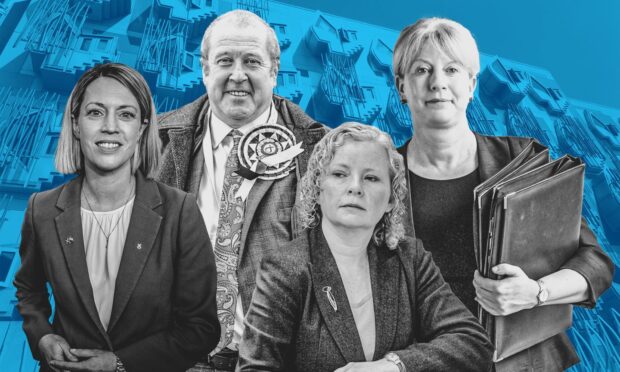
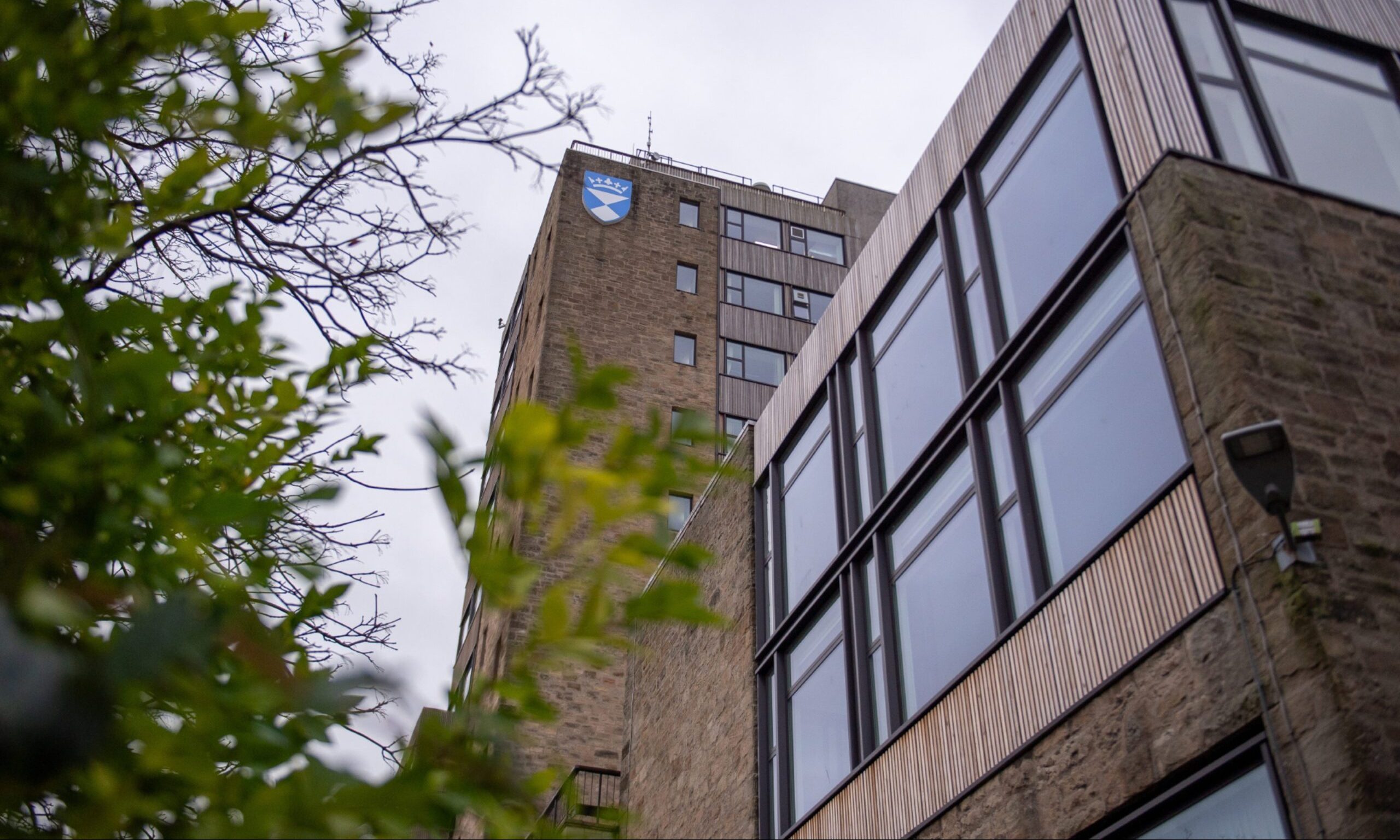
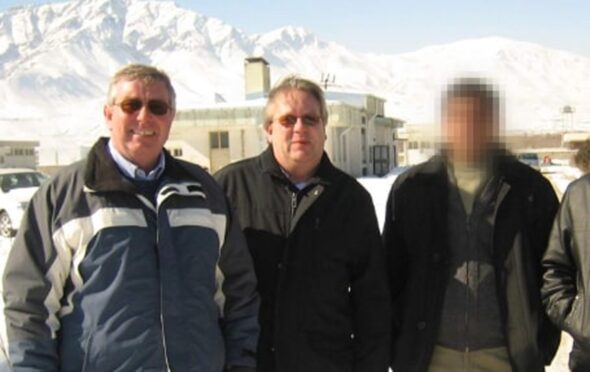
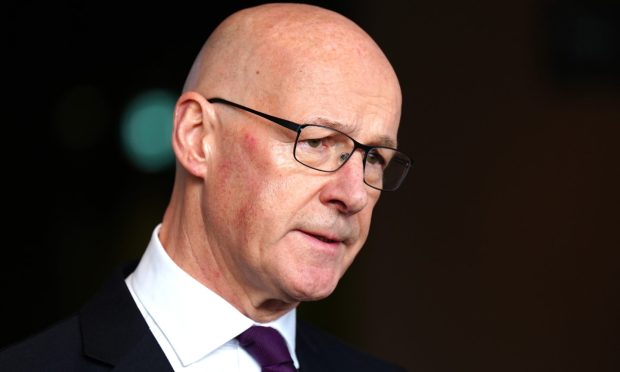


Conversation